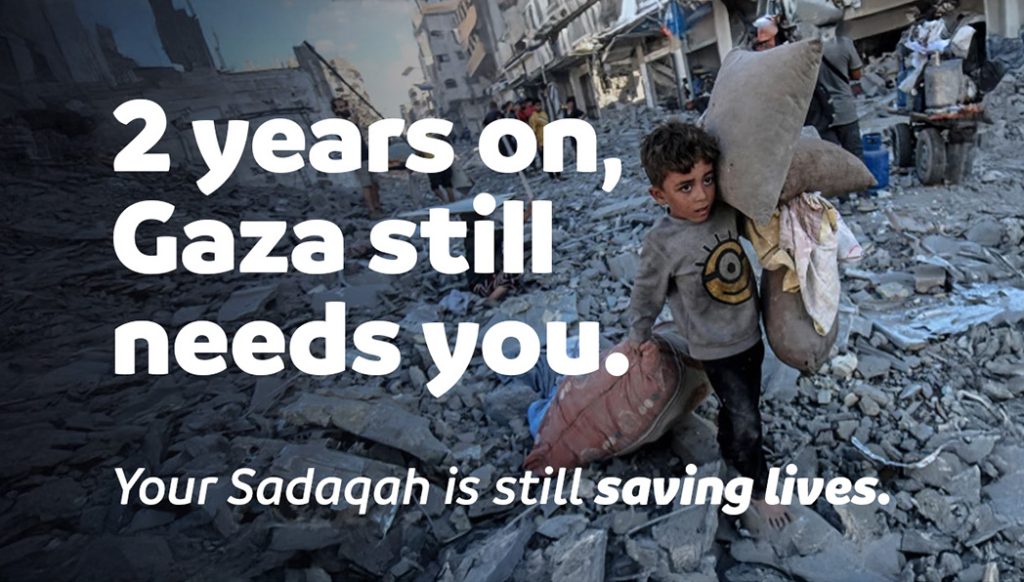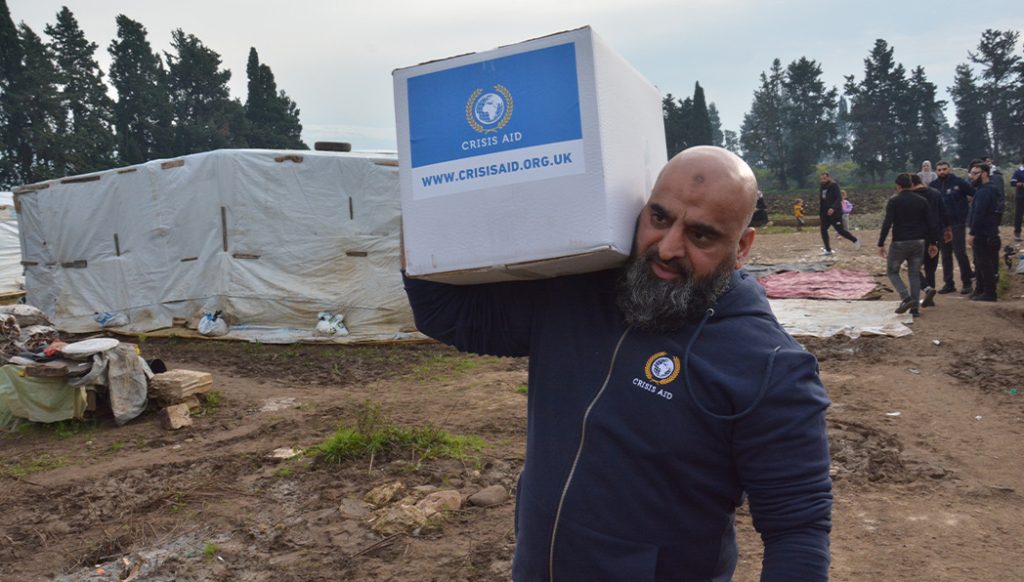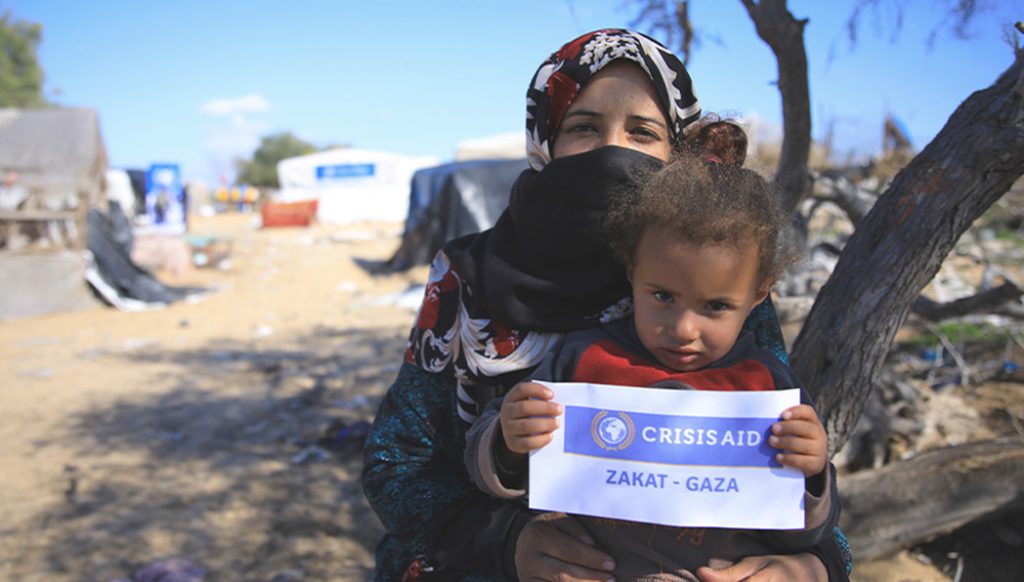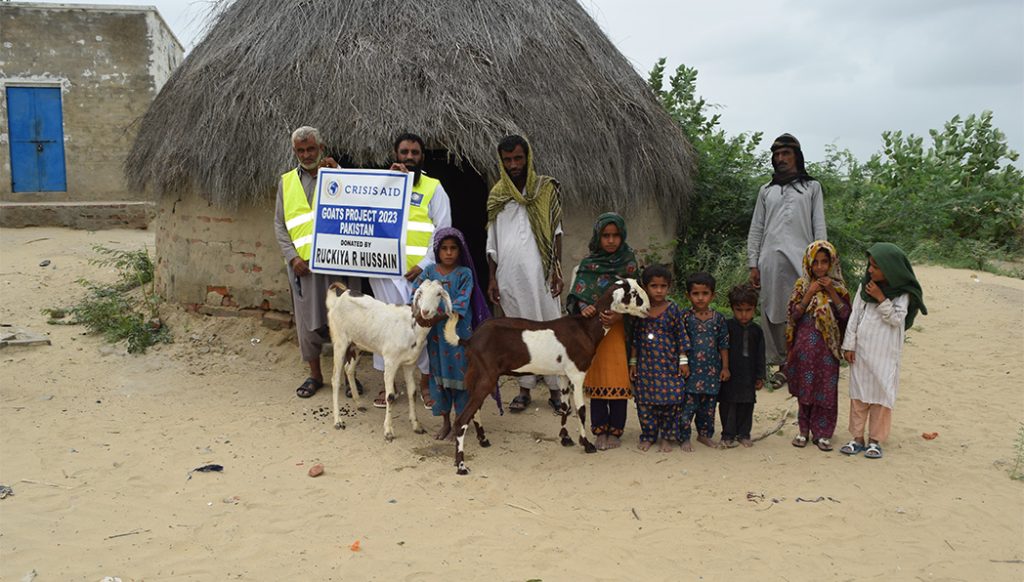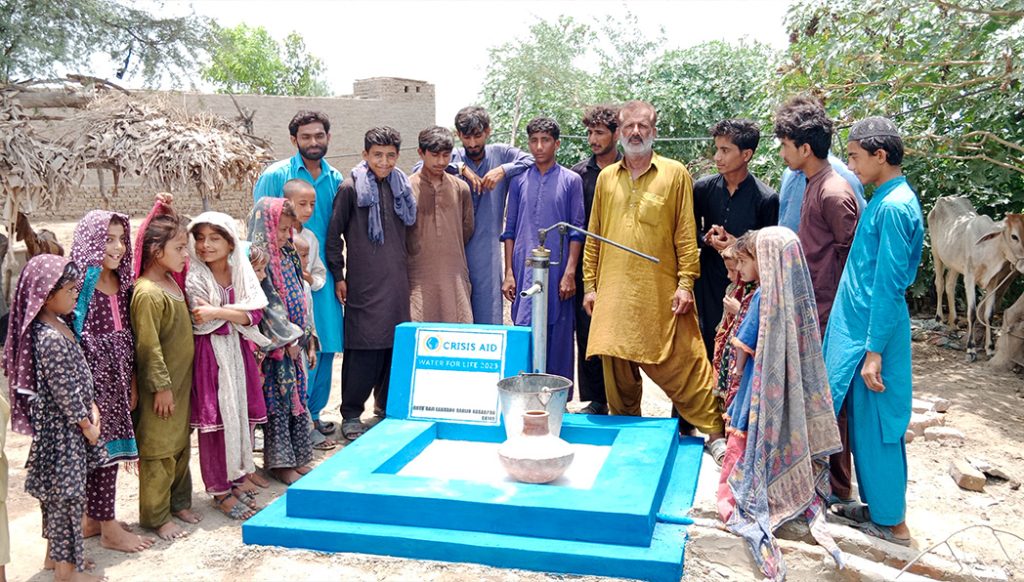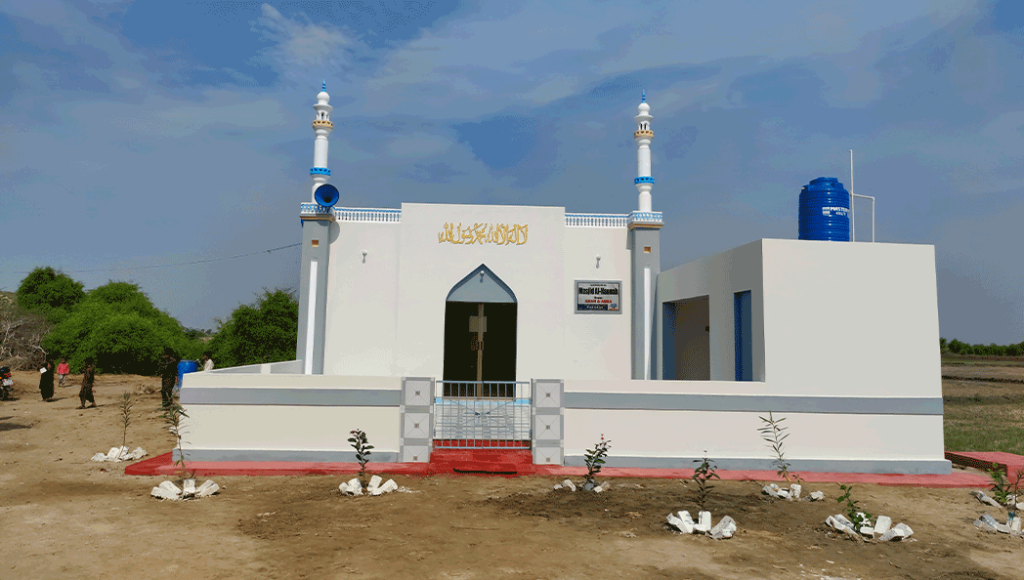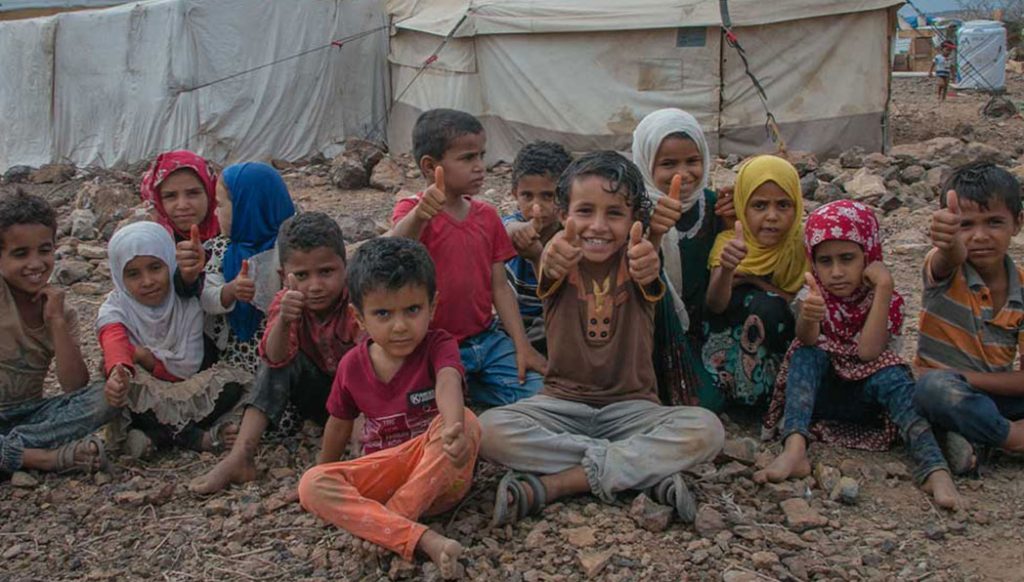Sadaqah vs Zakat
Sadaqah and Zakat are both forms of Islamic charity, but they differ in obligation, rules, and purpose. Learn how, when, and why to give each with confidence.
What Is the Difference Between Sadaqah and Zakat?
Zakat and Sadaqah are key forms of charity in Islam. Each serves a unique purpose and follows different rules. Knowing the difference ensures your charity aligns with Islamic guidance.
Zakat – Obligatory Charity
Zakat is one of Islam’s Five Pillars. It is mandatory for Muslims who meet the wealth requirement. The rate is fixed at 2.5% of qualifying assets such as cash savings, gold, business goods, and rental income. Your wealth must stay above the nisab level for one full lunar year before Zakat becomes due. The Qur’an (Surah At-Tawbah 9:60) defines the rightful recipients, including the poor, needy, and those in debt. Zakat is both worship and purification, serving to cleanse wealth, fulfil a duty, and reduce inequality within the Muslim community.
Sadaqah – Voluntary Charity
Sadaqah is voluntary and unrestricted. You can give it at any time, in any amount, and to anyone in need. It includes both financial help and acts of kindness, such as offering support, sharing knowledge, or even a smile. Unlike Zakat, it has no set rate or eligibility rules. Sadaqah can be offered for blessings, to honour someone, or to seek protection from hardship. It keeps generosity alive beyond obligation, encouraging continual giving for the sake of Allah.
Gaza Emergency Appeal
Food For Life
Zakat
Sadaqah Jariyah
Quran Memorisation
Zakat vs Sadaqah – A Side-by-Side Comparison
Both Zakat and Sadaqah are deeply beloved in Islam and bring great reward, but they serve different roles. Zakat acts as a means of justice, ensuring wealth is fairly redistributed to those in need through a divinely ordained system. Sadaqah, on the other hand, is a means of mercy—an expression of kindness through voluntary acts of goodwill whenever possible.
At Crisis Aid, your Zakat is distributed strictly according to Qur’anic guidance, ensuring it reaches the rightful recipients. Meanwhile, your Sadaqah supports a broader range of projects, including food packs, emergency aid, and orphan sponsorship. By giving both, you fulfil your religious duty while extending compassion and mercy—strengthening your faith and serving humanity in a holistic way.
